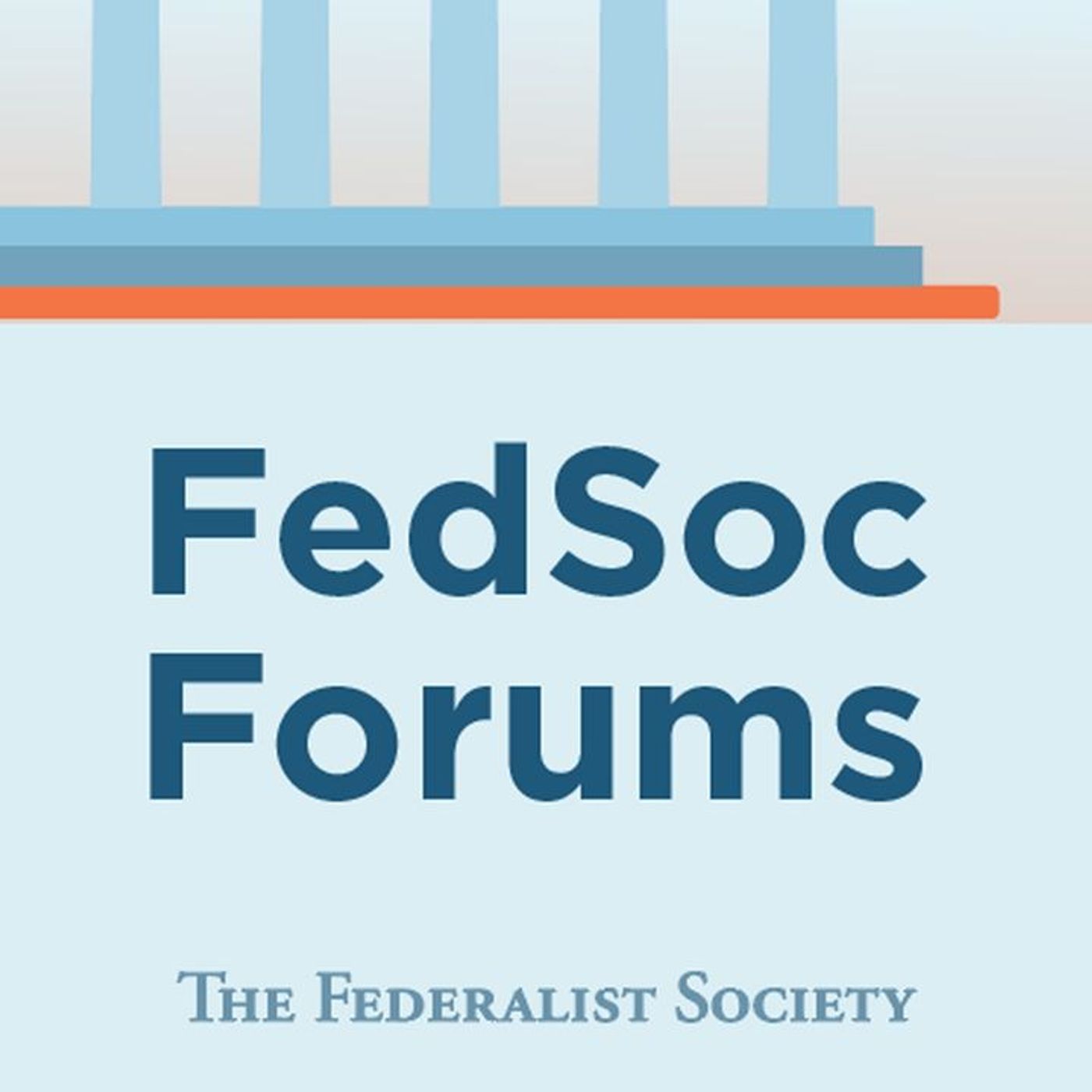A Seat at the Sitting - October 2024
Description
Each month, a panel of constitutional experts convenes to discuss the Court’s upcoming docket sitting by sitting. The cases covered in this preview are listed below.
Royal Canin U.S.A. v. Wullschleger, (October 7) -Federalism & Separation of Powers; Whether a post-removal amendment of a complaint to omit federal questions defeats federal-question subject matter jurisdiction pursuant to 28 U.S.C. § 1331; and (2) whether such a post-removal amendment of a complaint precludes a district court from exercising supplemental jurisdiction over the plaintiff’s remaining state-law claims pursuant to 28 U.S.C. § 1367.
Williams v. Washington, (October 7) -Federalism & Separation of Powers; Whether exhaustion of state administrative remedies is required to bring claims under 42 U.S.C. § 1983 in state court.
Garland v. VanDerStok, (October 8) -Second Amendment; Whether “a weapon parts kit that is designed to or may readily be completed, assembled, restored, or otherwise converted to expel a projectile by the action of an explosive” under 27 C.F.R. § 478.11 is a “firearm” regulated by the Gun Control Act of 1968; and (2) whether “a partially complete, disassembled, or nonfunctional frame or receiver” that is “designed to or may readily be completed, assembled, restored, or otherwise converted to function as a frame or receiver” under 27 C.F.R. § 478.12(c) is a “frame or receiver” regulated by the act.
Lackey v. Stinnie, (October 8) -Civil Procedure; (1) Whether a party must obtain a ruling that conclusively decides the merits in its favor, as opposed to merely predicting a likelihood of later success, to prevail on the merits under 42 U.S.C. § 1988; and (2) whether a party must obtain an enduring change in the parties’ legal relationship from a judicial act, as opposed to a non-judicial event that moots the case, to prevail under Section 1988.
Glossip v. Oklahoma, (October 9) -Criminal Law; (1) Whether the state’s suppression of the key prosecution witness’ admission that he was under the care of a psychiatrist and failure to correct that witness’ false testimony about that care and related diagnosis violate the due process of law under Brady v. Maryland and Napue v. Illinois; (2) whether the entirety of the suppressed evidence must be considered when assessing the materiality of Brady and Napue claims; (3) whether due process of law requires reversal where a capital conviction is so infected with errors that the state no longer seeks to defend it; and (4) whether the Oklahoma Court of Criminal Appeals' holding that the Oklahoma Post-Conviction Procedure Act precluded post-conviction relief is an adequate and independent state-law ground for the judgment.
Bouarfa v. Mayorkas, (October 15), -Immigration; Whether a visa petitioner may obtain judicial review when an approved petition is revoked on the basis of nondiscretionary criteria.
Medical Marijuana v. Horn, October 15 -Criminal Law; Whether economic harms resulting from personal injuries are injuries to “business or property by reason of” the defendant’s acts for purposes of a civil treble-damages action under the Racketeer Influenced and Corrupt Organizations Act.
City and County of San Francisco v. Environmental Protection Agency, (October 16) -Environmental Law & Regulation; Whether the Clean Water Act allows the Environmental Protection Agency (or an authorized state) to impose generic prohibitions in National Pollutant Discharge Elimination System permits that subject permit-holders to enforcement for violating water quality standards without identifying specific limits to which their discharges must conform.
Bufkin v. McDonough, (October 16) -Vetrans Affairs; Whether the U.S. Court of Appeals for Veterans Claims must ensure that the benefit-of-the-doubt rule in 38 U.S.C....
More Episodes
In September, the Department of Justice announced that it would withdraw its 1995 bank merger guidelines and apply its 2023 merger guidelines for all industries, a move that some have interpreted as signaling stricter review of bank mergers. At the same time, Congress is considering the “Credit...
Published 11/05/24
Published 11/05/24
In 1906, Congress passed the Antiquities Act, which gives the President the authority to set aside federal land to protect "objects of historic or scientific interest." Presidents have since used the Act in increasingly broad ways, setting aside millions and millions of acres to protect broader...
Published 11/05/24


